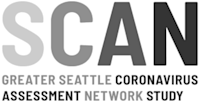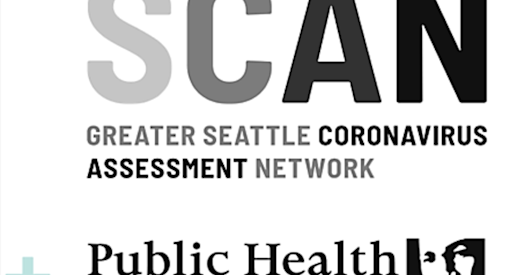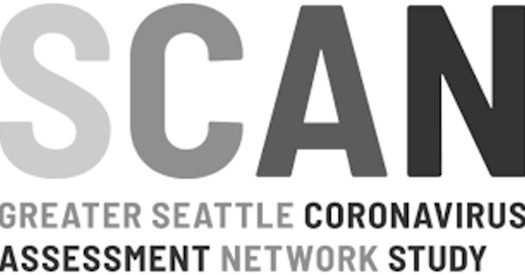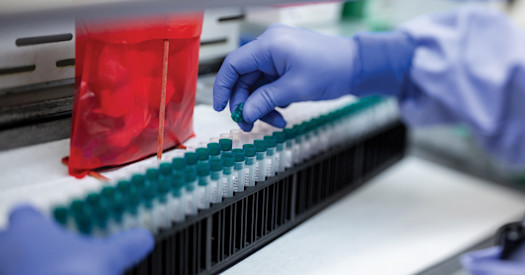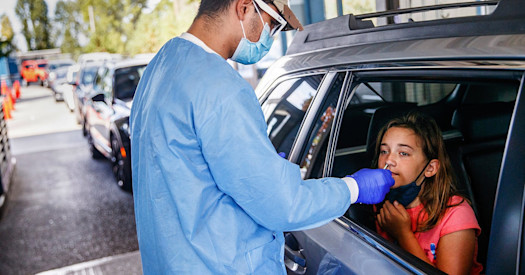Historic Landmark BBI Study: Seattle Coronavirus Assessment Network
Working Alongside Community Organizations And Connecting Experts In Medicine, Science, And Public Health To Enable Researchers And Health Officials Track The Coronavirus
The COVID-19 pandemic created an extraordinary need for rapid, reliable, and high-volume testing in the Seattle area. In response, the Greater Seattle Coronavirus Assessment Network (SCAN) was created to scale up detection and sequencing of SARS-CoV-2. SCAN, funded by Gates Ventures, was the first community surveillance program for COVID-19 in the United States.
The SCAN study collected at-home self-administered nasal swabs from people across Seattle and King County who were feeling sick (symptomatic), as well as a small number of people with no symptoms (asymptomatic). By providing at-home delivery and pick up of the nasal kits, individuals were able to perform the test from their homes, thus reducing exposure to the general public.
Using a lab-developed test for SARS-CoV-2 developed by the Seattle Flu Study team, SCAN provided a quarter of all COVID-19 testing in King County in the early months of the pandemic. This supplied critical data to public and state health officials about how the pandemic was spreading. SCAN also conducted crucial outreach and education to the public and provided testing. In total, 69,900 COVID-19 tests were provided from March 2020 to July 2022 in King and Pierce Counties.
Beyond the laboratory, the SCAN team contributed to pandemic response efforts across the state. Partnerships with Public Health − Seattle & King County allowed SCAN’s findings to inform the Washington State Department of Health to expand its genome sequencing capacity with training, joint analyses, and ongoing communication.
In the early days of the pandemic, the SCAN team provided regular situation updates about COVID-19 transmission to the Washington State Department of Health and Public Health − Seattle & King County, sharing real-time findings on how new variants of the virus were affecting the spread of COVID-19 and hospitalization rates. SCAN also supported contact-tracing efforts by offering free testing to close contacts of individuals who tested positive through SCAN, as well as those referred to SCAN from Public Health − Seattle & King County’s contact tracing team.
For more information, please visit the Seattle Flu Study archive.
The metrics presented above show home test kit distribution and participant demographics for SCAN as originally published at https://scanpublichealth.org/dashboard.
SCAN would not be possible without the many community members who volunteered their expertise to develop translations. BBI is thankful to all have helped and would like to acknowledge the following community groups:
- Seattle Pacific University African Student Association
- Eritrean Community Connections
- Every Nation Church -- Seattle
- Korean Engineers at Microsoft
- Madnetism Arts Inc.
- Philadelphia Eritrean Church -- Seattle
- Seattle Flu Study
- Seattle Genetics
- Somali Health Board
- The Back Family
- The Eritrean Community of Seattle
- The Filipino Community of Seattle
- The Giblette Family
- The Taiwanese Community of Seattle
- The Vietnamese Community of Seattle
- The W. Noor and Emad T. Family
- The Wong Family
- UW Medicine, Department of Psychiatry and Behavioral Sciences, Evidence-Based Practice Institute
- UW National Society of Black Healthcare Professionals
- UW South Asia Center
- UW Department of Bioengineering
- UW Health Informatics & Health Information Management Program
